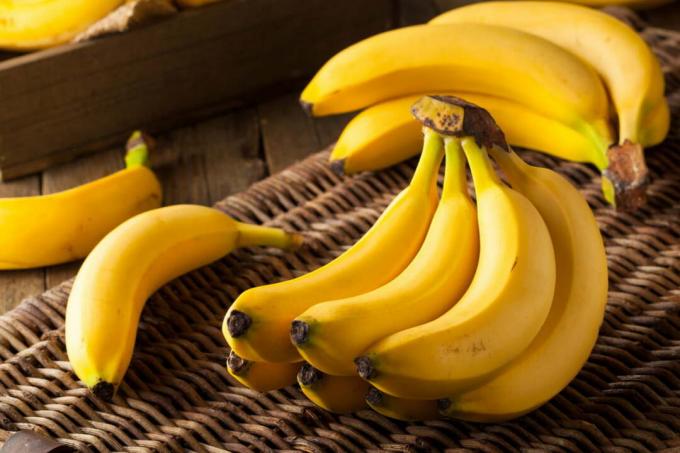In 1797, Thomas Malthus wrote about food price policy as well as the economics and politics of that time, two years later he propagated his idea about population growth. According to him, there is a discrepancy between the number of people and the availability of food.
According to Malthus, food production did not keep pace with population growth and in the future it would not be possible to produce enough food to supply the world population.
Recently, it seems that Malthus' perspectives have come to light or at least are causing concerns in different governments, several countries have promoted policies and measures. of protection of their consumer markets, so that they do not go through food rationing, but prices have already increased, showing signs of a decrease in the supply of products.
According to an announcement by the UN (United Nations), in 2007, there was a 25% increase in the value of imported food in developing countries. The value of corn has doubled since 2006 and wheat has reached the highest value in the last 28 years.
According to the President of the World Bank, countries that have food costs and these reach 50% of income family members will have major social anomalies resulting from food shortages and automatically increased prices.
UN estimates are that prices will not decline quickly as food reserves this year were relatively low.
Many claim that the villains of this "possible" food shortage is the increase in the value of products and mainly because of biofuels, this is because crops such as corn and wheat are used as raw material for this alternative energy source, therefore, it no longer serves the market of foods.
Another factor that should be considered in relation to food shortages is the increase in the middle class of countries with a high population contingent, such as China and India, the first two countries with the largest population in the world. This social ascension caused many people to start eating foods that until recently were not part of their diet, such as the consumption of proteins derived from meat.
What motivates the imbalance is linked to the amount of supply and demand, this is evident in the while demand or demand increases 4.8% per year in Asia, Africa and Latin America and 2.6% in countries centrals.
Rich countries do not effectively contribute to alleviating this issue, because they are the ones that stimulate the production of biofuels, when using crops such as corn, wheat and soy, for example, which, in addition to not being intended for human consumption, also fail to supply the animal feed industries that supply animal husbandry, such as swine, poultry among others.
The food crisis is already reflected in Brazil in the price of rice, with the possibility of the government asking producers who do not export so as not to compromise the supply of the domestic market for this product.
Another reason that favors the increase in food shortages is in relation to the volume of the regulatory stock, as this guaranteed the supply in case the harvest in a given year was bad, in this way the stock regulated prices, as it was not lacking, however, in recent years countries no longer carry out this procedure or conduct it in a good way. modest.
According to the Minister of Agriculture of Brazil, Roberto Rodrigues, food prices are expected to fall in next four and five years, this time corresponds to the period in which food production will have to equal the demand.
There are several estimates and predictions for this question that bring to light the predictions made by Thomas Malthus, however, what will likely happen is the productive direction, if at the moment the price of grains, such as corn, rice, soybeans, among other crops is good, certainly many producers will notice good prospects, in addition, the implementation of measures by the government for those who produce food through financial subsidies is made required.
In short, this problem does not require major concerns, since the amount of agricultural technologies available in the market being used in a planned way can even quadruple food production, without opening new areas cultivable.
By Eduardo de Freitas
Graduated in Geography
Source: Brazil School - https://brasilescola.uol.com.br/geografia/faltara-alimento-no-mundo.htm

